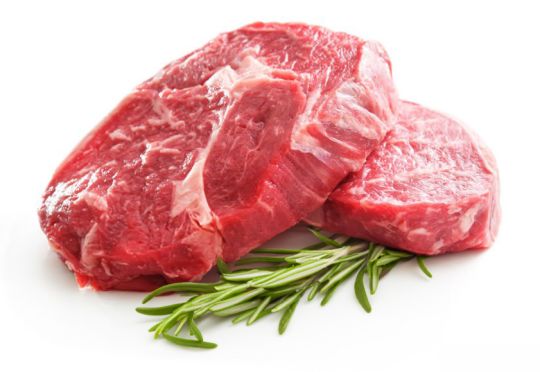
Clean Meat
Clean meat, also known as cultured meat, is produced by cultivating animal cells in a lab. This method offers a sustainable and ethical alternative to traditional meat production by generating meat without raising or slaughtering animals.
Production
The production of clean meat starts with the extraction of animal cells without harming the animal. These cells are cultivated in a nutrient medium where they multiply and differentiate. They develop into muscle, fat, and connective tissue cells, which are then formed into meat-like structures and further processed to mimic the texture and taste of conventional meat.

Clean meat is more environmentally friendly as it requires less land, water, and energy, and reduces greenhouse gas emissions. It avoids killing animals and can significantly improve animal welfare. Additionally, clean meat can be produced under controlled conditions, reducing the risk of food safety issues such as contamination and diseases.
Technological Development
Supertek also plays a role in the production of clean meat by developing specialized machines that hygienically and gently wind the replicated muscle fibers for further processing. These machines use technologies to produce edible fibers that can be adjusted in structure and strength to ensure the desired texture and quality of meat products.
Future Prospects
With increasing investments and technological advancements, clean meat could become a common alternative to conventional meat in the coming years. This would have significant positive impacts on the environment, animal welfare, and global food security.